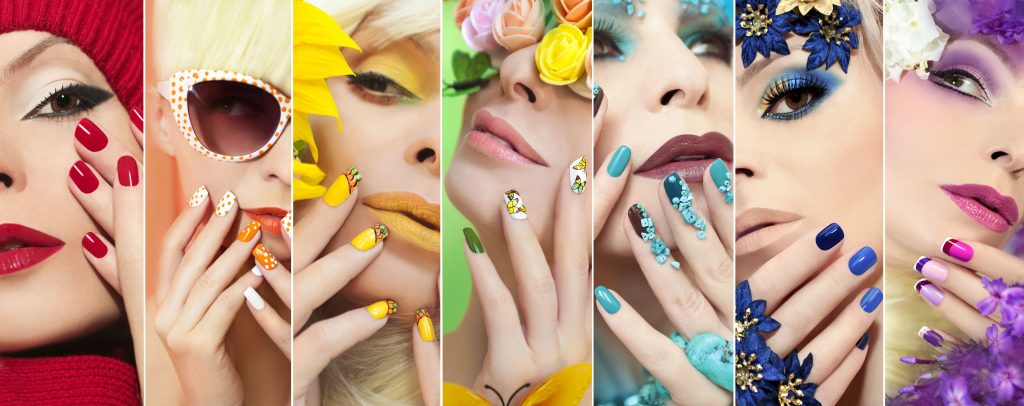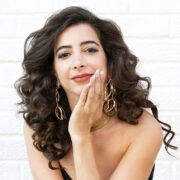
The global halal cosmetics market reached a value of US$ 66 Billion in 2018.
The market is strongly driven by an increasing Muslim population which now accounts for over a fifth of the global population. With the younger generation emerging as more conscious consumers, the overall spending on halal products is increasing.
Earlier, the choice of halal cosmetics used to be limited, however, catalyzed by the strong demand for these products, the number of manufacturers and their range of products has risen robustly. Today, halal certified cosmetic manufacturers offer a range of items that include perfumes, toners, lipstick, shampoos, lotions, soaps, powders, shower gels, etc.
The market for these products is not limited to the Muslim population but is also attracting non-Muslim consumers. Halal beauty products symbolize safety, cleanliness, hygiene, and animal byproduct-free products. They also stress on cleanliness during manufacturing, packaging and storage, which is driving their demand in several non-Muslim countries.
Halal beauty products symbolize safety, cleanliness, hygiene, and animal byproduct-free products.
The market has also been catalyzed by the rising penetration of e-commerce and social media platforms. The online market continues to play a key role in driving the demand for these products and is growing significantly faster than more traditional distribution channels. Manufacturers are also increasingly using social media platforms such as YouTube, Facebook, and Instagram to influence consumers.
Breakup by Product
Based on product types, the market has been segmented as personal care products and color cosmetics. Currently, personal care products dominate the market, holding the largest share. These products are further segregated as skincare, haircare, fragrances and others.
Breakup by Distribution
Based on the distribution channel, the market has been segmented into online and offline retail formats. Amongst these, offline channels represent the largest segment, accounting for the majority of the total market share.
Regional Insights
Region-wise, the market has been segmented into Asia Pacific, Middle East and Africa, Europe, North America and Latin America. Amongst these, Asia Pacific is the leading market, accounting for the majority of the global share.
The market has also been catalyzed by the rising penetration of e-commerce and social media platforms.
Competitive Landscape
The competitive landscape of the market has been analyzed in the report with detailed profiles of the leading manufacturers. Some of the key players operating in the market are:
- Amara Cosmetics
- Pure Halal Beauty
- SAAF International
- Sampure Minerals
- Inika Cosmetics
- Martha Tilar Group
- One Pure
- Ivy Beauty
- MMA Biolab
- The Halal Cosmetics company
- Clara International
- INGLOT
- Jataine
- Le Wangi De Wangi
Summary report of Halal cosmetic market size.
Read the full report: https://www.reportlinker.com/p05778954/?utm_source=PRN
The global halal cosmetics market size is projected to reach USD 52.02 billion by 2025 registering a CAGR of 12.3%. Considerable Islamic population base across the globe that is willing to pay premium prices for Halal-certified beauty products is anticipated to drive the product demand over the forecast period.
The market is niche with the presence of both large- and small-scale manufacturers. Growing concern among consumers about the usage of animal-derived ingredients, such as gelatin and collagen, has resulted in the increased production of halal-certified products by many cosmetic industry participants.
Regional companies are entering the global market to fulfill the rising demands.Middle East and Africa accounted for around 18% of the global revenue share in 2018.
Today, halal certified cosmetic manufacturers offer perfumes, toners, lipstick, shampoos, lotions, soaps, powders, shower gels, etc.
Though there is a growing demand for halal products in Middle East, there is an absence of complete regulation system.However, Brunei has an established regulatory system that promotes and produces halal products.
There have been a lot of initiatives taken by different Islamic countries to integrate the halal industry. For instance, Malay Chamber of Commerce Malaysia (MCCM) built a marketing center in Dubai to help the growth of such products and pave opportunities for manufacturers to advertise their portfolio.
Further key findings from the study suggest:
• Skin care is anticipated to be the fastest-growing product segment of the halal cosmetics market over the forecast period
• Makeup products is projected to be the second-largest segment and is said to register a CAGR of 12.5% from 2019 to 2025
• Middle East & Africa is the second-largest regional market after Asia and was valued at 4.04 billion in 2018
• Since Muslims constitute a major part of the population of the region, the mainstream cosmetic industry is pushed to fulfil their needs
• Some of the key companies in this market are MMA Bio Lab Sdn Bhd, Ivy Beauty Corporation Sdn Bhd, PHB Ethical Beauty






